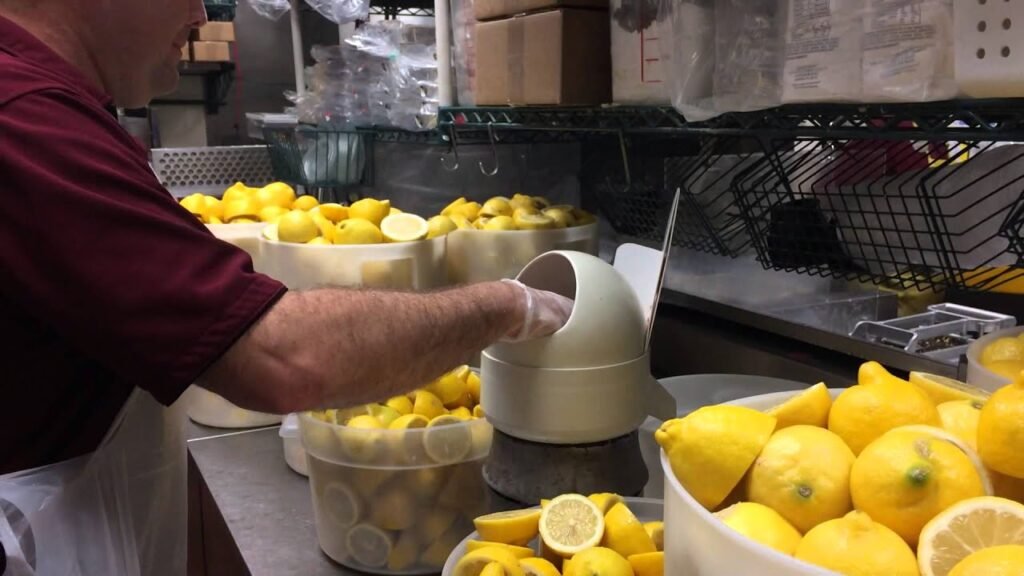
Squeezing lemons for a living at Chick-fil-A might just be the pits—literally. Imagine spending your day wrangling 2,000 lemons! To ease the sour burden, Chick-fil-A deployed a citrus-squeezing robot army. Now, instead of lemon-squeezing misery, workers can focus on making delicious food and chatting with customers. Bloomberg reports that driverless forklifts handle the lemon bins, sending them on a journey of cleanliness and oil extraction before the leftover lemony goodness is sold to the fragrance and cosmetics industry. Thanks to these robots, Chick-fil-A is squeezing nearly every drop of profit from those lemons—up from a paltry 40% when humans did the work.

“In a plant north of Los Angeles, machines now squeeze as many as 1.6 million pounds of the fruit with hardly any human help. The facility, larger than the average Costco store at roughly 190,000 square feet, then ships bags of juice to Chick-fil-A locations, where workers add water and sugar to whip up the chain’s trademark lemonade. … Squeezing lemons was a tedious task that added up to 10,000 hours of work a day across all locations and resulted in many injured fingers,” wrote Bloomberg.
According to figures shared by Chick-fil-A with the business publication, this automation saves up to 10,000 hours of work each day. One human worker who used to manage that manual task remarked that the grueling, messy nature of the job definitely won’t be missed.
Not to be outdone, Chipotle has introduced its robot helper, the “Autocado,” a machine that preps avocados for guac perfection at their Huntington Beach, California, location. While robots relieve humans from these repetitive tasks, they also bring the double-edged sword of job automation. On the bright side, profits may soar, but some human jobs might guac the plank.
Discover more from Grubbits
Subscribe to get the latest posts sent to your email.
